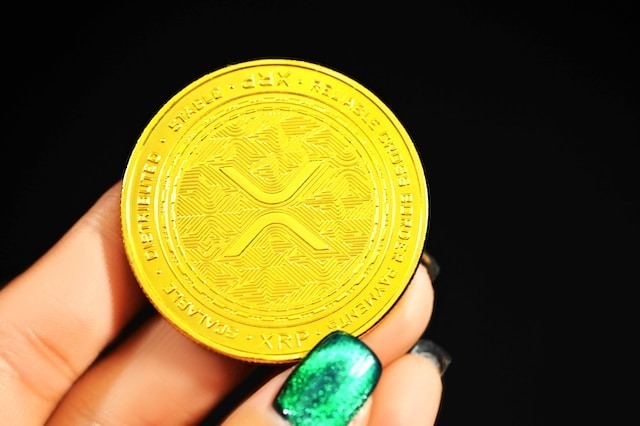
- U.S. Customs has started releasing some previously detained Chinese-made Bitcoin mining rigs after months of regulatory holdups linked to trade tensions and concerns over semiconductor technology.
- While only a small fraction of the seized miners have been cleared, industry leaders argue the detentions were politically motivated, prompting companies like Bitmain to explore U.S. production to bypass trade restrictions.
After months of holding back shipments, U.S. Customs and Border Protection (CBP) has begun releasing some Chinese-made Bitcoin mining rigs, a move that comes amid escalating U.S.-China tensions and increasing scrutiny of semiconductor technology.
A Prolonged Hold on Mining Rigs
Thousands of Bitcoin miners were seized at various U.S. ports, leaving industry players frustrated. According to Taras Kulyk, CEO of Synteq Digital, “Thousands of units have been released” after CBP officials deliberately stalled their clearance. He claimed that the decision to detain these rigs was politically motivated, stemming from officials who were not in favor of Bitcoin mining.
The affected mining rigs, primarily Bitmain’s Antminer models S21 and T21, became entangled in broader trade disputes. The U.S. government flagged them after their chip supplier, Sophgo, was linked to a Huawei AI processor—an association that triggered concerns due to Huawei’s ongoing U.S. sanctions.
Regulatory Concerns and Trade War Implications
Authorities, including the Federal Communications Commission (FCC), expressed concerns that these mining rigs might violate U.S. regulations, particularly regarding radio frequency emissions. This prompted an expansion of detentions to include rigs from other Chinese manufacturers like MicroBT and Canaan.
However, industry leaders, including Luxor Technology’s COO Ethan Vera, have dismissed these regulatory claims. Vera confirmed that only a small fraction of the detained miners had been cleared so far, indicating that the process remains slow and selective.
The Bigger Picture: US-China Trade Tensions
The mining rig detentions reflect a larger pattern of economic and technological rivalry between the U.S. and China. Under previous administrations, tariffs and restrictions on Chinese imports have tightened. For instance, former President Donald Trump’s administration imposed a 10% tariff on Chinese goods, further complicating trade relations.
To counter these challenges, Bitmain has been working on shifting parts of its production to the U.S. in an effort to bypass trade restrictions and ensure smoother access to the American market.
What’s Next for Bitcoin Miners?
While some mining rigs have been released, the situation remains uncertain. With the U.S. government continuing to enforce strict regulations on Chinese imports, further disruptions could arise. Bitcoin miners in the U.S. may need to explore alternative solutions, including domestic production or sourcing from non-Chinese suppliers, to ensure operational stability.
As the regulatory landscape evolves, the crypto mining industry will be closely watching how future trade policies impact the availability of crucial hardware.




